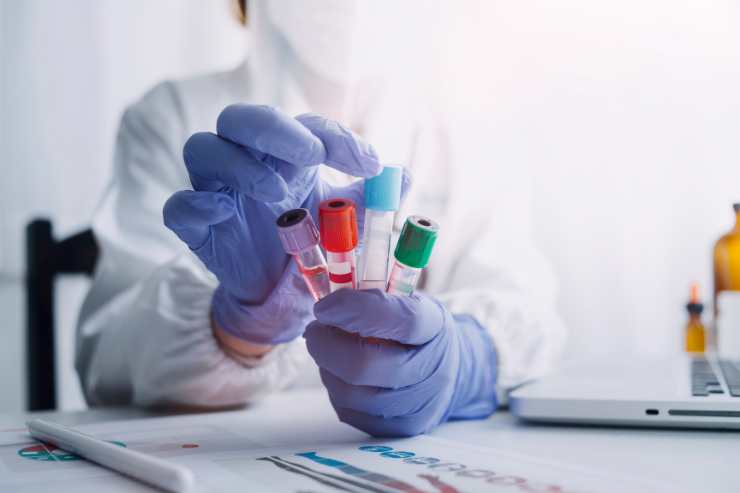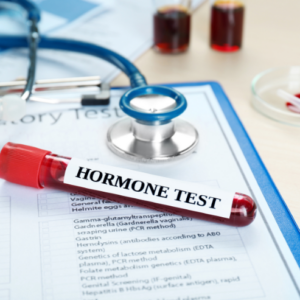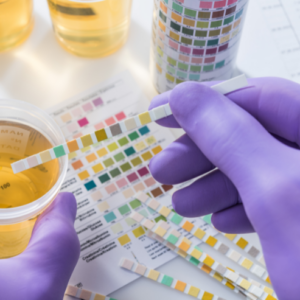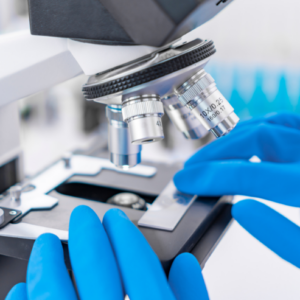Description
Biochemistry tests analyze chemical substances and enzymes in blood or other bodily fluids to evaluate the function of organs and metabolic processes. They are essential for diagnosing and monitoring a wide range of conditions, including metabolic disorders, liver and kidney diseases, and cardiovascular issues.
How the Test is Done?
A blood sample is typically collected from a vein in the arm. For some tests, other fluids like urine or cerebrospinal fluid may be used. The sample is processed in a laboratory to measure concentrations of various substances such as glucose, cholesterol, electrolytes, proteins, and enzymes. The results are compared to normal reference ranges to detect any abnormalities.
Preparation Required
Preparation for biochemistry tests can vary. Common requirements include fasting for 8-12 hours before the test, especially for glucose and lipid measurements. Patients may also need to avoid certain medications or foods that could affect the test results. It is important to follow the specific instructions provided by your healthcare provider.
Significance of the Results
Results from biochemistry tests help assess the health of organs and metabolic functions. Abnormal levels can indicate conditions such as diabetes, kidney dysfunction, liver disease, or electrolyte imbalances. These results are critical for diagnosing health issues, guiding treatment decisions, and monitoring the effectiveness of ongoing treatments.








